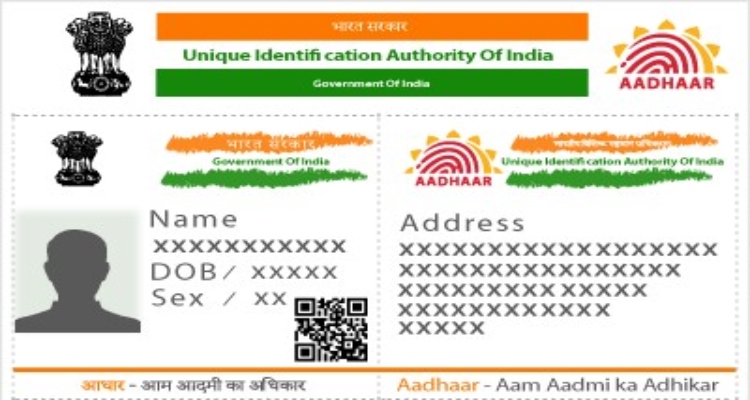
The Delhi High Court has ruled that the Unique Identification Authority of India (UIDAI) can be directed to disclose data of a missing person to the court in a sealed cover under exceptional circumstances.
A bench of Justices Pratibha M Singh and Amit Sharma emphasized that in a habeas corpus case, there is an urgency with which the court must act, as the missing person could be in danger. Under such circumstances, the UIDAI can be directed to provide the data forthwith.
A habeas corpus petition is filed seeking a direction to produce a person who is missing or has been illegally detained.
“Considering the urgency of the matter, and in order to safeguard the safety and security of an individual, UIDAI can also be directed by the high court dealing with the habeas corpus petition, in exceptional cases such as the present one, to disclose the data to the court in a sealed cover, even without being afforded a prior hearing,” the division bench said.
The bench referred to the Supreme Court’s K S Puttuswamy judgment, which established the right to privacy as a fundamental right, and stated that it is a settled proposition that the data provided to the UIDAI for Aadhaar card creation is private and personal information of an individual.
“The same (data) needs to be maintained with confidentiality and secrecy should be ensured by the UIDAI. Under normal circumstances, the data given by any individual for preparing an Aadhaar card would be the personal data of the said individual and would be governed by the law of privacy. However, sometimes there are exceptions to this…,” the bench noted.
The court was hearing a habeas corpus petition filed by a daughter seeking a direction to the police to produce her mother, who has been missing since May 2019.
The court was informed that although the woman has been missing for over five years, her Aadhaar data has been updated and it reflects her most recent address and mobile number.
“The mother of the petitioner is currently not traceable despite repeated efforts by the Delhi Police. The daughter has information that the Aadhaar card of her mother has recently been updated. Under such circumstances, in a habeas corpus writ petition, when the Aadhaar card of the missing person has been updated, the court dealing with such a petition would not be able to hear the person concerned, who is the holder of the Aadhaar card and is missing,” it stated.
The Delhi Police, in its status report, submitted that there was no trace of the petitioner’s mother.
The high court said the only information now available is based on the updated Aadhaar data and provided the updated address and mobile number of the woman to the police for investigation.
In an order passed on July 30 and uploaded on Wednesday, the court asked the police to file an updated status report on her whereabouts.
“Let an updated status report be filed by the Delhi Police. If there is any updating or editing of information regarding the Aadhaar card of the mother of the petitioner by the next date of hearing, the same shall also be provided in a sealed cover to the court, by the UIDAI, on the next date of hearing,” the bench said, listing the matter for further proceedings on August 20.
It instructed the police to use the data of the missing person solely for tracing her and to maintain confidentiality.




